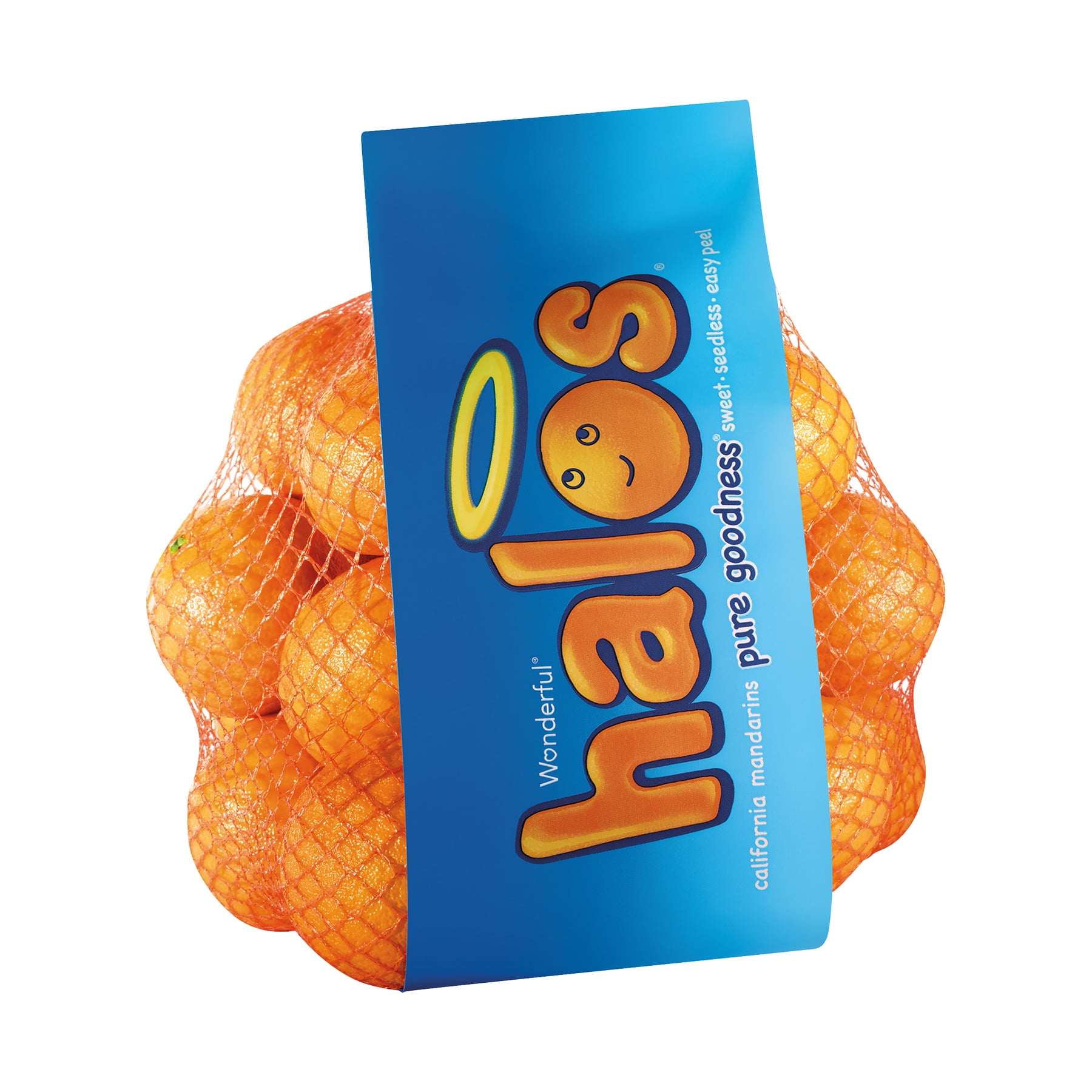

So, a satsuma is a type of mandarin, a clementine is a type of mandarin, but please, please do not call our Satsuma “cuties”…. The majority of mandarins/tangerines grown in California are these clementine type of mandarins. They now net their trees to keep bees away and also have started planting new varieties developed by UC that are genetically seedless. This is a link to a copy of the letter written to one beekeeper. They originally planted clementines that were not genetically seedless, and then used their assets to hire legal counsel to sue beekeepers for bees trespassing and causing their products to have seeds. They also seem to have a lot of legal battles between themselves and others as discussed in this Wall Street Journal Article. These are large, multi-million dollar corporations and they grow their citrus in California’s central valley, in areas previously used to grow seedless naval oranges.

Paramount now is marketing clementines under the Halo brand name. The name was originally owned by Paramount citrus, but recently after much litigation, Sun Pacific Brands split from Paramount citrus and purchased the rights to the name Cuties. Less than 10 percent of all the tangerine/mandarins grown in California are of the Satsuma type.Ĭuties (TM) are a type of clementine (another type of mandarin) and are a brand name product.

Satsuma mandarins have an intense sweet tart flavor, and are especially delicious when grown in foothill climates such as that in Placer County, California. The sound of the buzz of the bees, and the intense floral aroma of the trees in bloom is mesmerizing. Because they are genetically seedless, our farm is bee friendly and we have thousands of bees covering our trees when they are blossoming. Owari satsuma are a genetically seedless type of mandarin orange, developed in Japan hundreds of years ago. On our farm, we grow Owari Satsuma mandarin oranges.


 0 kommentar(er)
0 kommentar(er)
